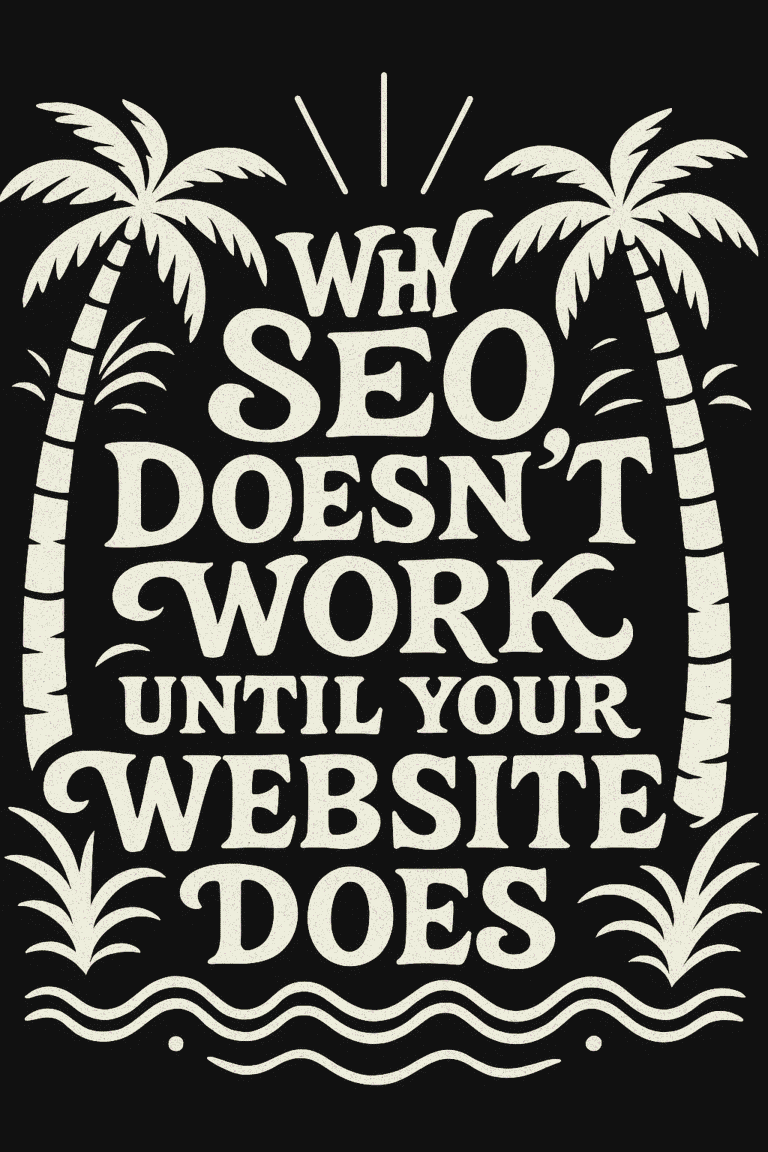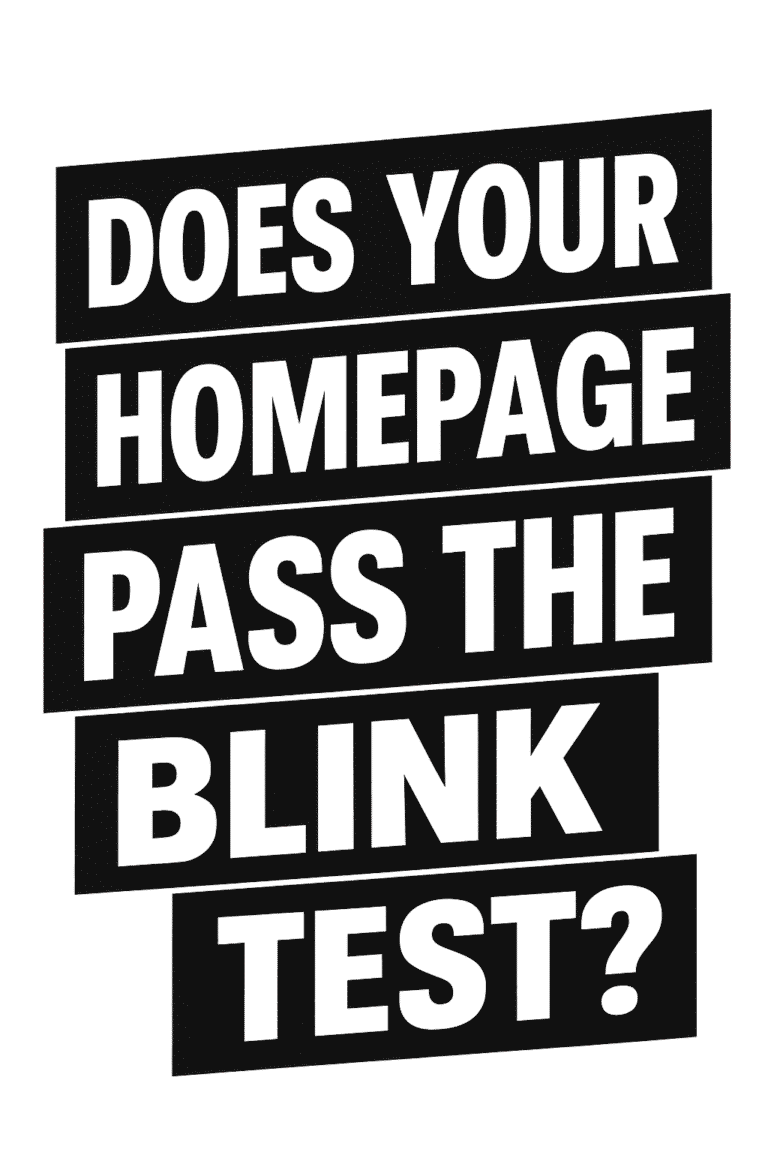
Is your website down more than it’s up? Do you ever wonder if your website is working correctly? If you’re not sure, don’t worry – you’re not alone. In this blog post, we will discuss some methods that you can use to determine whether or not your website is functioning properly. We’ll also provide some tips on how to fix any issues that may arise. So, if you’re curious about the health of your website, keep reading!
One of the easiest ways to check the status of your website is to use a tool like Down For Everyone Or Just Me? This website allows you to enter in your website’s URL and it will tell you whether or not the site is down. It also provides information on how long the site has been down and when it was last up.
Another great tool for checking website uptime is Uptime Robot. This tool monitors your website 24/7 and notifies you if it goes down. You can also use their Chrome extension to quickly check the status of any website.
If you’re having problems loading certain pages on your website, there are a few things that you can do to troubleshoot the issue. First, try clearing your browser’s cache and cookies. If that doesn’t work, try opening the page in a different browser. If the problem persists, there may be an issue with your server or DNS. In this case, you’ll need to contact your web hosting provider for further assistance.
Why is my website down?
If your website is down, there are a few possible reasons why. One of the most common reasons is that your website is being hosted on a shared server. This means that your site is sharing resources (like bandwidth and CPU) with other websites on the same server. If one of these websites experiences an increase in traffic, it can cause your website to load slowly or not at all.
Another possibility is that your DNS settings are incorrect. DNS (Domain Name System) is what converts your website’s URL into an IP address that can be read by computers. If your DNS settings are pointing to the wrong server, it can cause your website to become inaccessible.
Your website could also be down because of a server issue. This means that the server is overloaded or not functioning properly. If this is the case, you’ll need to contact your web hosting provider for assistance.
Lastly, your website could be hacked. This is a less common occurrence, but it’s still something that you should be aware of. If you think your website has been hacked, you’ll need to contact your web hosting provider for help.
Common Website Error Codes:
There are a few common website error codes that you may encounter from time to time. Here are some of the most common ones:
500 Internal Server Error: This is probably the most common server error code. It means that there’s a problem with the server and it can’t handle the request that was made.
404 Not Found: This error code means that the page you’re trying to access can’t be found. It could be because the URL was typed incorrectly, the page was moved, or it no longer exists.
403 Forbidden: This error code means that you don’t have permission to access the page. It could be because the website is set to private or because you don’t have the correct permissions.
502 Bad Gateway: This error code means that there’s a problem with the server that’s hosting your website. It could be because the server is overloaded or not functioning properly.
Other Common Website Issues:
In addition to the common website errors that we mentioned earlier, there are a few other things that you should be aware of. These include:
Website is too slow: One of the most common issues with websites is that they’re slow to load. This can be caused by a variety of factors, such as heavy images or scripts, or a slow server.
Website is not responsive: This means that the website doesn’t adjust to different screen sizes and it’s difficult to use on mobile devices.
Website is not secure: If you’re collecting sensitive information from your users, you’ll want to make sure that your website is secure. You can do this by using a SSL certificate.
Website is not compatible with all browsers: Another common issue is that your website may not work correctly in all browsers. This is usually because of outdated code or plugins.
How can I get my website back online?
Once you’ve determined that your website is down , you’ll need to take steps to get it back online. If your website is down due to a server issue, you’ll need to contact your web hosting provider for assistance. They will be able to help you troubleshoot the issue and get your website back up and running.
If your website is down due to an issue with DNS, you’ll need to update your DNS settings. You can do this through your web hosting control panel or by contacting your domain registrar.
If you think your website has been hacked, you’ll need to contact your web hosting of web development company provider right away. They will be able to help you secure your website and get it back online.
Next steps
If you’re experiencing any of the issues that we mentioned in this article, don’t panic! There are steps that you can take to get your website back online. In most cases, you’ll need to contact your web hosting provider for help. They will be able to assist you with troubleshooting the issue and getting your website back up and running.
If you’re not sure where to start, give us a call. We would be happy to help you get your website back online. Call (360) 450-3711





